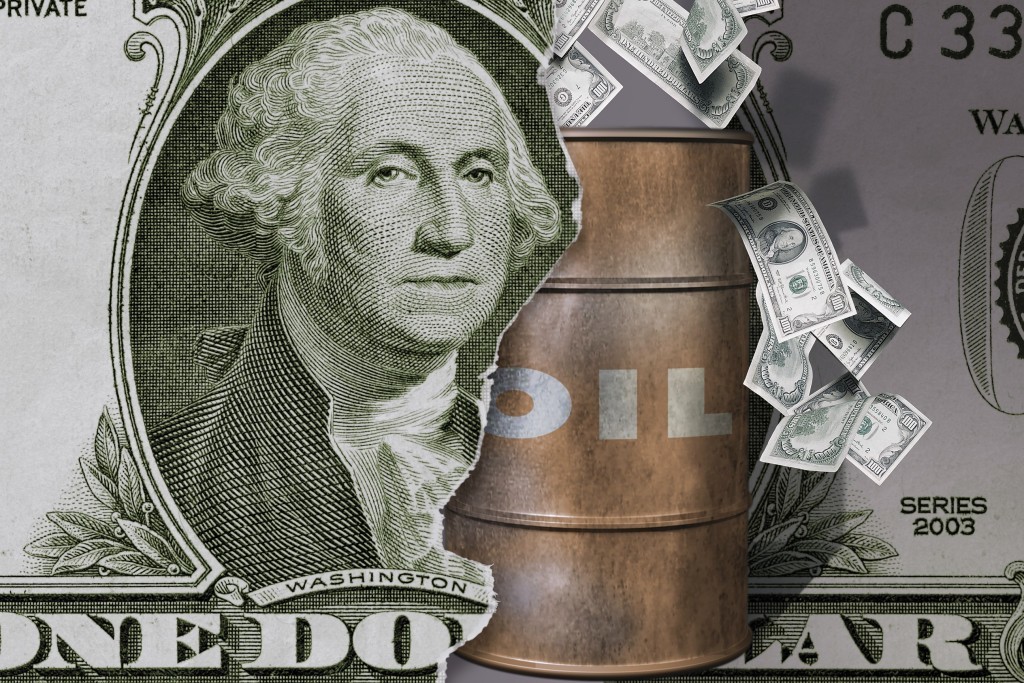
The troubled start to the new year continued as global markets tumbled amid oil prices slumping to new 11-year lows.
London’s FTSE 100 Index fell 63.9, points to 6073.4, with indices across Europe also sharply lower as Brent crude dropped below 35 US dollars a barrel.
Sentiment had already been impacted by amid renewed worries over China after a poor report on the country’s services sector, while investors were also unnerved after North Korea claimed to have successfully carried out a hydrogen bomb test – its fourth since 2006.
Across Europe, the Dax in Germany was 0.9% lower and France’s Cac 40 fell 1.4%. In New York the Dow Jones Industrial Average was over 150 points down in early trading.
The pound was a cent down against the US dollar at 1.46, after the closely watched Markit/CIPS Purchasing Managers’ Index (PMI) showed that the UK’s powerhouse services sector fell slightly in December to 55.5, from 55.9 the month before.
Sterling was also a cent down against the euro at just under 1.36.
Oil prices continued their slide, with the cost of crude under pressure from a strong dollar and the weak Chinese data.
Crude had rallied on Monday as tensions escalated between Saudi Arabia and Iran, which raised the potential threat of supply disruptions, but the bounce back was short lived given worldwide oversupply of oil.
In London, commodity stocks were among the worst hit, with BHP Billiton leading the Footsie lower as it dropped 5% or 93p falling to 1846.5p.
Oil majors BP and Royal Dutch Shell also fell heavily, as they dropped 4.7p to 343.5p and 31p to 1504p respectively.
Argos owner Home Retail Group lost some of Tuesday’s 41% surge after supermarket Sainsbury’s surprised the market by revealing it had made a takeover approach for the business, which had been rejected.
Home Retail, which also owns Homebase, was 5% or 6.9p lower at 132.4p in the FTSE 250 Index.
Sainsbury’s fell 5% yesterday on concerns over its rationale for the bid, but was 1.1p higher today at 241p.
The grocer is considering its next move, but said it still believed that the combination would make “an attractive proposition for the customers and shareholders of both companies”.
Recommended for you
